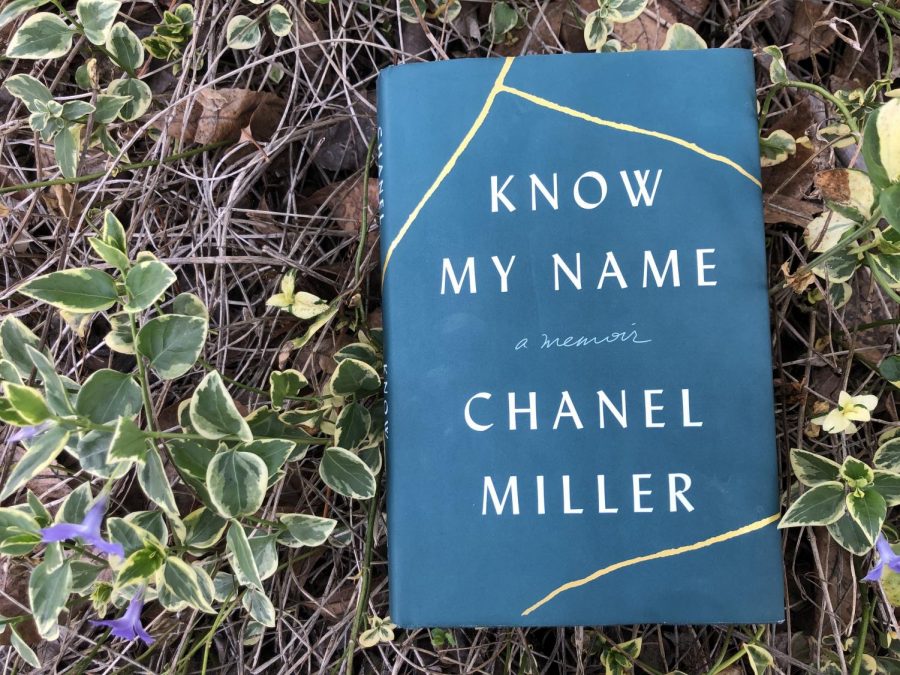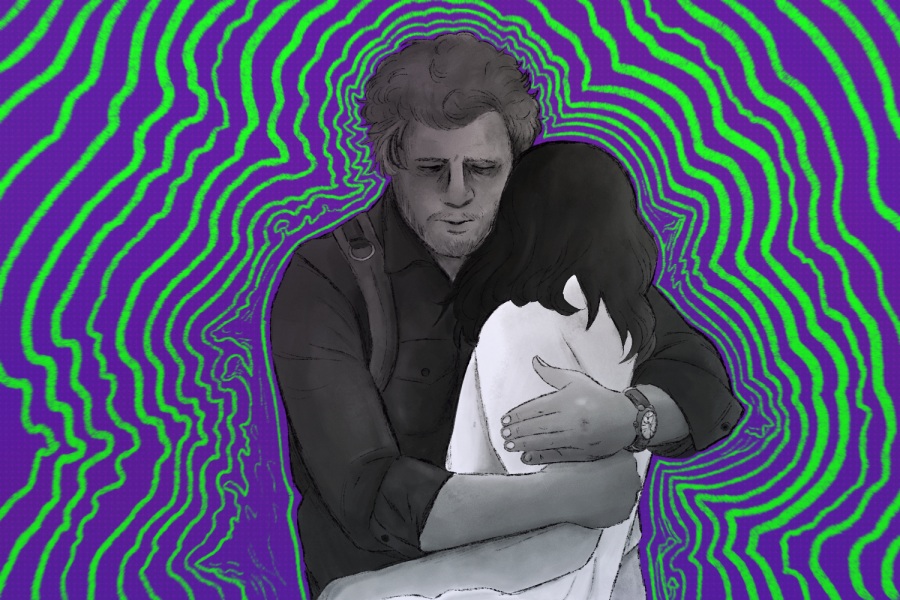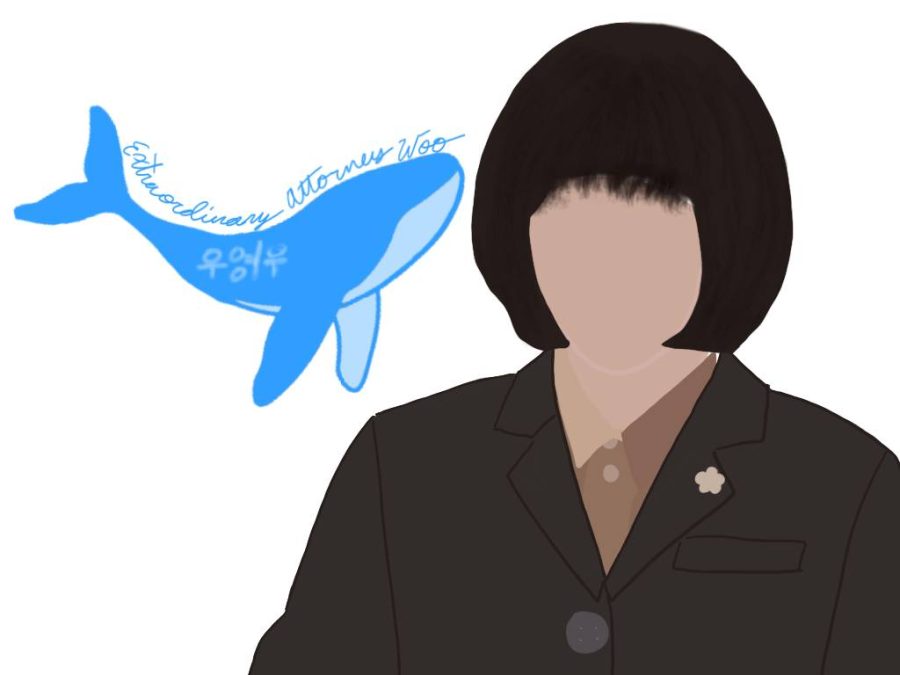In 2018, the #MeToo movement gained momentum.
People started to come forward with their stories, even if their assailants weren’t punished. Due to a lack of witnesses and substantial evidence, most victims were unable to build a solid case that warranted prosecution.
But Chanel Miller’s case was different. In 2015, Miller was sexually assaulted on the Stanford campus. In this instance, there were witnesses. Despite the overwhelming evidence surrounding her case, her perpetrator received only minor repercussions, sparking outrage among many.
“Know My Name” is Miller’s memoir and exposé of not only what happens when someone decides to press charges against an assailant in court but how it impacts every part of daily life imaginable afterward.
Miller intertwines her story of what occurred with her past and other experiences she’s had that continue to shape her life. The novel goes into the depths of her mental anguish, newfound anxiety, and lack of trust that developed after the assault. It also describes and sheds light upon the pain her incident caused everyone who knew she was assaulted and couldn’t do anything to ease her mental burden.
Among all the hurt and long-lasting effects, a silver lining emerged in that Miller’s victim statement went viral and touched the hearts of many who had been in the same situation as well as many who hadn’t.
One of the most consistent ideas throughout the book is the impact of going through the judicial system in a sort of limbo between court dates. It was mind-bending to read about Miller trying to recover any sense of normalcy and then having to relive the experience she herself didn’t remember and question reality.
This really affected how I viewed the entire justice system because in a world where compartmentalizing is normal to internally understand one’s emotions, having to repeatedly uncover a traumatic time in my life is something that hurts to imagine.
In order to incorporate complex emotions into a timeline, Miller used a lot of well-developed literary techniques that jumped through periods of her life before to compare them with afterward, making the book both incredibly powerful and easy to understand.
The book also does an excellent job of explaining and describing every thought throughout the story to better help the reader understand the impact the event had on not only Miller, her family, and those who knew her but also the effect for those on the opposing side.
An important concept that I took away from the book was the idea of accepting what had happened. By being in court, Miller had to process and accept what had happened to move forward. However, she was held back by the fact that her assaulter had decided to deflect all blame and not accept his misdeeds, showing how vital self-reflection is to be able to continue life aware of oneself without hiding or bottling up emotions.
Miller’s victim statement is beautifully written and strips down the arguments against her that took her humanity from her, as well as all the online demons that devalued and dehumanized her without knowing her or her story. Because the statement went viral, many more people mustered their courage and shared their stories with the world, which would later be some of the factors that sparked the #MeToo movement.
Overall, Chanel Miller’s book, “Know My Name,” is a powerful retelling of her story and how she found herself again after being oppressed and victimized. I strongly recommend this memoir, not only for the content but to read it and open your eyes to things that we previously, as a society, have chosen to overlook and not accept.












